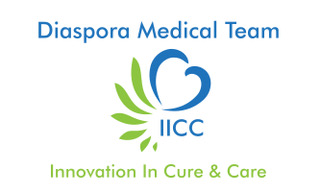PROJECTSTANDARD
Project
Start NTx & prevention program
The core of the new approach, the intended results, and the implications are:
- An integrated medical approach to renal insufficiency, which includes:
- systematic patient risk analysis, patient education, screening (prevention), predialysis counseling, hemodialysis, and peritoneal dialysis.
- Result-oriented rehabilitation (21 days), including optimal adjustment of immunosuppressants, with intensive medical monitoring, reduces the risk of early surgical and NTx complications.
- The NTx will be carried out in consultation with the local Surinamese stakeholders supported by teams of “Diaspora” medical specialists, technicians, and specialized surgical anesthesia intensive care. – and ward nurses, who will carry out planned missions, working according to European guidelines and protocols. The entire perioperative, postoperative, and rehabilitation process is guaranteed.
BACKGROUND
The Diaspora medical team will provide its services to the medical community in several areas with the benefits:
A) Patient
- Increase in ‘patient awareness and self-responsibility with regard to risk factors’ through active prevention measures and information.
- Increased patient satisfaction through shorter turnaround times, faster recovery with family, friends and friends,
less emotional and physical strain, less additional personal financial expenses.
- Improved quality of life and life expectancy due to a decrease in chronic care.
- Faster participation in economic activities.
- Insight into medical outcomes (mortality, morbidity, patient satisfaction, and sustainability of therapeutic pie).
B) Government of Suriname
- Start of a structural prevention program in Suriname.
- Fits in with policy to make top care accessible to all of Suriname and all Surinamese.
- Is an important social pillar to make Suriname a “prosperity state”.
- Increase the reputation of medical institutional care providers and thus the country of Suriname.
- investment in local health care structure with the creation of direct-+ and indirect employment).
- Generate income from medical tourism (hotels, air and road traffic, taxi and catering, etc.)
- Creates employment. C) Health insurance companies
- Possibilities to make “bundle” price agreements.
- Shifting financial risks to healthcare providers.
- Reducing indirect and hidden expenses through process optimization.
- Eliminating undertreatment reduces chronic care and leads to financial savings.
- Better controllable budget financial expenditure.
- Insight into medical outcomes.
- Less paid “sick days”.d) Suriname
- Becomes attractive to other medical specialists and disciplines.
- Can take a regional position in the field of medical care.

